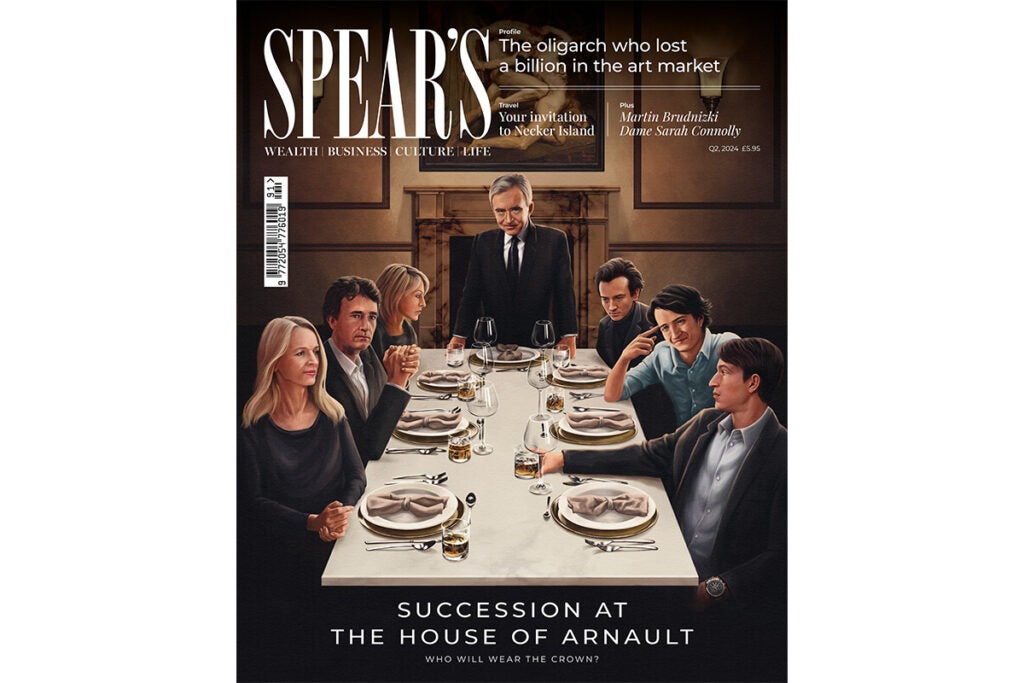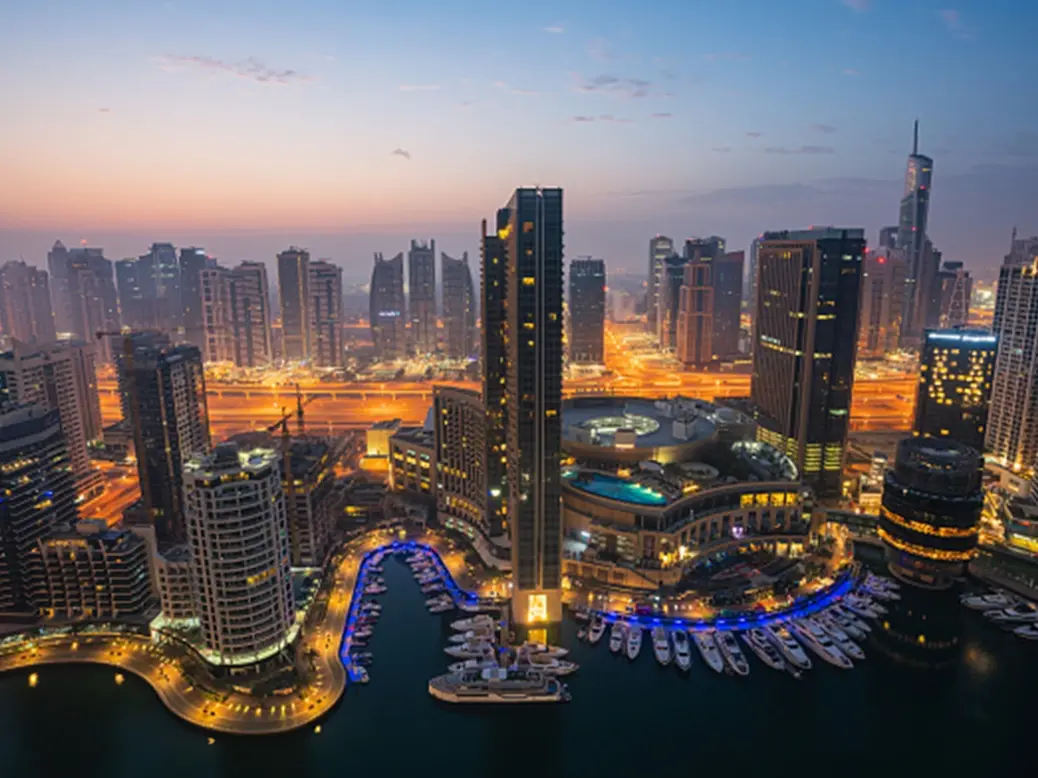
Few places attract money like the United Arab Emirates. Three decades on from its initial wealth boom, the Gulf state’s resident HNW population now consists of about 300 centimillionaires and more than a dozen billionaires. And numbers are rising. Wealth research firm Henley & Partners (which has a base in the Emirates) says that 4,500 millionaires moved to the UAE in 2023.
[See also: The challenge of ‘consumer duty’]
Naturally, this surge has not gone unnoticed by wealth managers. At the last count, 400 had opened offices in Dubai’s flagship financial district, the Dubai International Finance Centre (DIFC).
‘I think there has been a surge in demand for quality management advice across the region,’ says Paul Doyle, a director with Fiera Capital, a Canadian asset manager which recently opened its first UAE office in Abu Dhabi. For the same reason, firms already resident in the Emirates have been bolstering their ranks. On a visit to the DIFC, Spear’s learns that HSBC’s private banking division in the Emirates now totals 50 bankers across three offices.
[See also: How the UAE’s approach to tax is evolving]
For those who have spent their careers in the UAE, the transformation has been dramatic. When Ali-Abbas Merali relocated to Dubai from London as a newly minted private banker in 2005, he recalls how the city was still the preserve of veteran ‘suitcase bankers’ who would jet into the Gulf from London and Switzerland before flying back days later.
These days it isn’t just the bankers who are Emirates-based, but a sizeable chunk of their clients’ capital too. Last year the UAE leapfrogged Luxembourg to become the seventh largest centre for private banking assets. Experts at the Boston Consulting Group now estimate that around $500 billion of offshore wealth is booked here.
The UAE wealth hierarchy
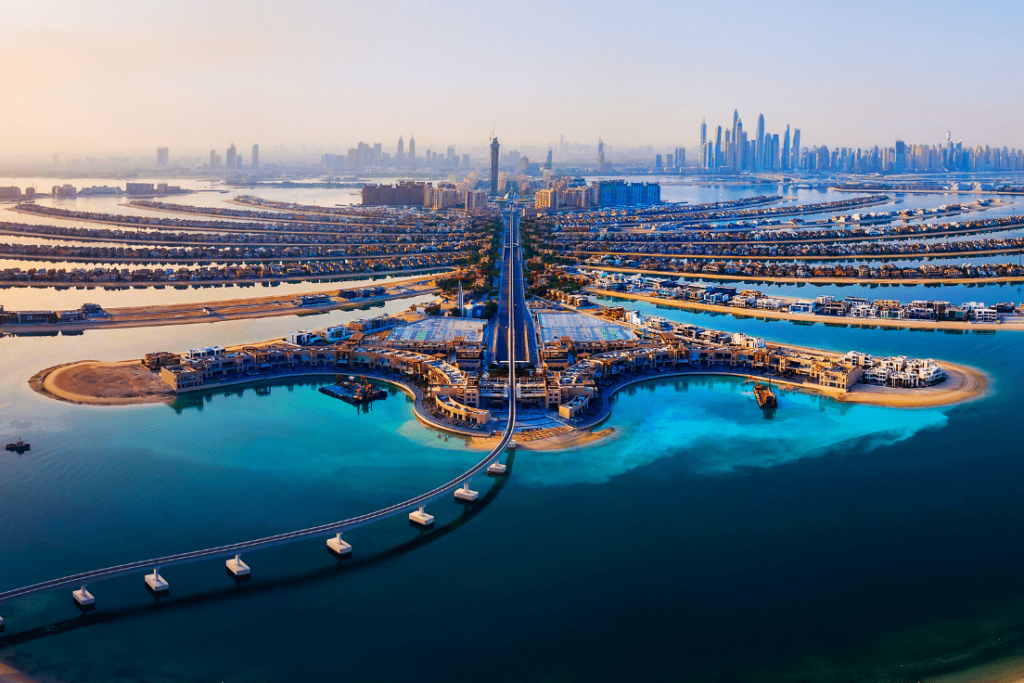
As the wealth management sector has swelled in size, it has also specialised. After stints at Citi and Julius Baer, Merali joined boutique private wealth adviser Azura, where he now co-heads the firm’s Dubai office with partner Mohamed Virani. Clients include Gulf-based UHNWs and family offices.
[See also: Global super-prime property market falls back as Dubai soars]
‘You have different categories of wealth managers here,’ Merali tells Spear’s. It’s a structure, he says, that reflects the UAE’s wealth hierarchy. At one end are the retail wealth managers who focus on well-off expats. In the middle are the private bankers who cater to HNW entrepreneurs. And in pride of place are the established private bankers who manage the vast reserves of legacy Emirati wealth.
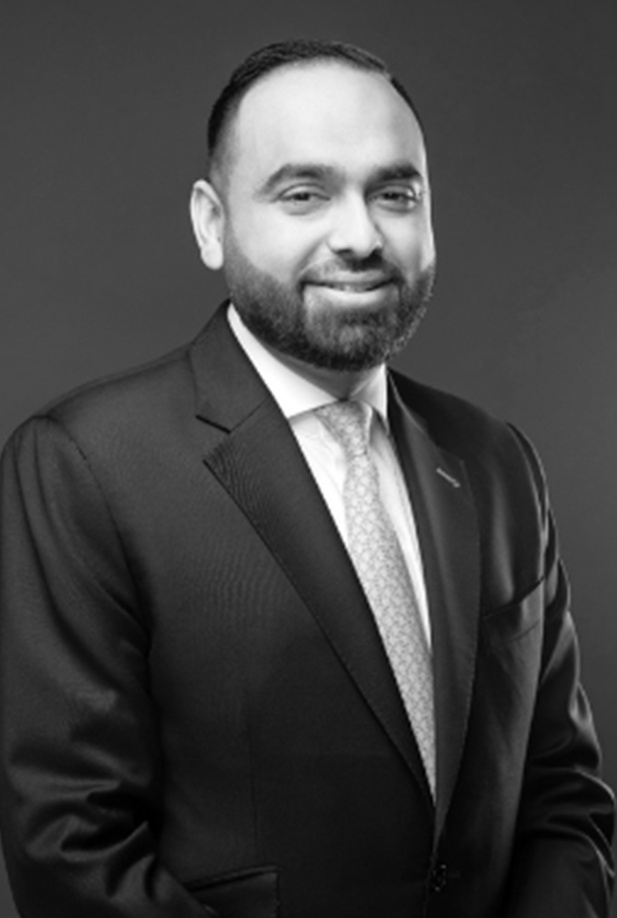
Mapping the responsibilities of a particular wealth manager requires an understanding of the type of clients they serve. For those catering to the Emirati elites, Merali says, the dominant themes are broadly the same as those facing UHNW families elsewhere. Many are looking to create structures that will enable them to pass their fortunes on to the next generations.
Historically, money managers would have looked further afield when it came to investing their clients’ cash. These days, the relative strength of the knowledge-rich Gulf economies – many of which are investing heavily to diversify away from oil – presents more local opportunities. ‘We’re seeing a lot of interest in private market opportunities, particularly tech start-ups,’ says Merali.
Perhaps the biggest change for the sector, though, has been the staggering number of HNWs relocating to the region. While the governments of Dubai and Abu Dhabi have long sought to make it easier for the rich and ambitious to work there, the most recent waves of reforms – such as UAE’s 10-year ‘golden visa’ – have sought to enable HNWs to settle down for the long term.
[See also: Dorchester Collection’s first Middle East hotel is ready for business]
‘Dubai is very smart in its approach to these things,’ says one of the region’s most senior private bankers, speaking off the record to avoid the labyrinthine approvals process required by some banks for media interviews. He adds that he and his colleagues now regularly act as a liaison between HNW clients and the UAE authorities over golden visas.
Open-arms approach to HNWs
As the HNWs flood in, so do the firms who make their money serving them. In the past two years, Goldman Sachs, Nomura, Lombard Odier and Rothschild & Co have all expanded their presence in the UAE. Now a cluster of Asian wealth managers (such as Shanghai-based Noah Holdings) have opened shop, looking to cater to Chinese HNWs.
[See also: Introducing Spear’s Magazine: Issue 91]
Could the UAE’s open-arms approach to HNWs backfire? While the country does not publish data on the nationalities of those who relocate, it is estimated that at least 100,000 Russians have moved here in the past two years. In Dubai, property purchases by Russian nationals surged by more than 60 per cent in the months following the Kremlin’s incursion into Ukraine.
The UAE’s neutral stance on the conflict might have irritated Western leaders. But those working in the country’s financial sector reject the notion that the UAE is turning a blind eye to sanctions. For a start, they say, almost all the major players in the DIFC answer to regulators in the US and Europe.
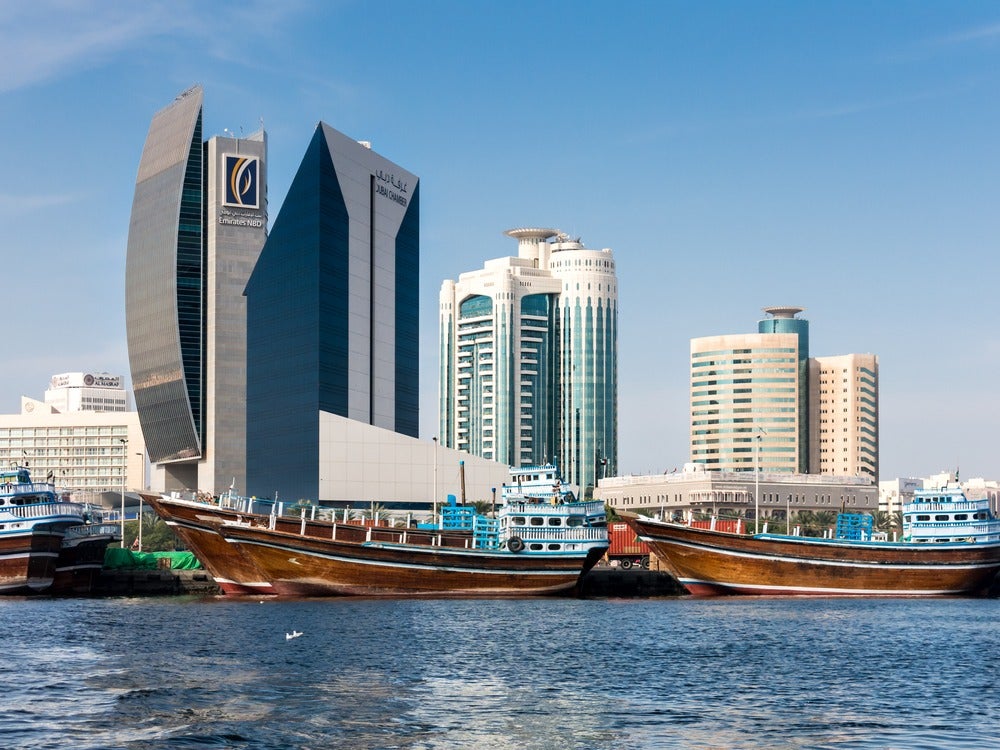
Earlier this year, the UAE had another reputational win when it was removed from the money-laundering ‘grey list’ maintained by the G7’s Financial Action Task Force. A clear sign, say the UAE’s advocates, that the country is putting in the necessary work to maintain trust.
[See also: Wealthy families use this crucial tool to protect their assets]
Will it be yet another tailwind for the wealth management sector? The industry itself is seemingly betting on another surge in demand, with more private bankers arriving week by week. ‘We’re seeing a lot of talent coming here at the moment, including from places like Singapore,’ says the senior private banker.
As the talent arrives, the DIFC celebrates its 20th anniversary. To mark the occasion, Dubai’s deputy ruler Maktoum bin Mohammed issued a proclamation hailing the DIFC’s recent milestones. In terms of revenues and company registrations, wrote the Sheikh, last year was the strongest to date.
Few would bet against this year’s figures being stronger again.
This feature was originally published in Spear’s magazine: Issue 91. Click here to subscribe
